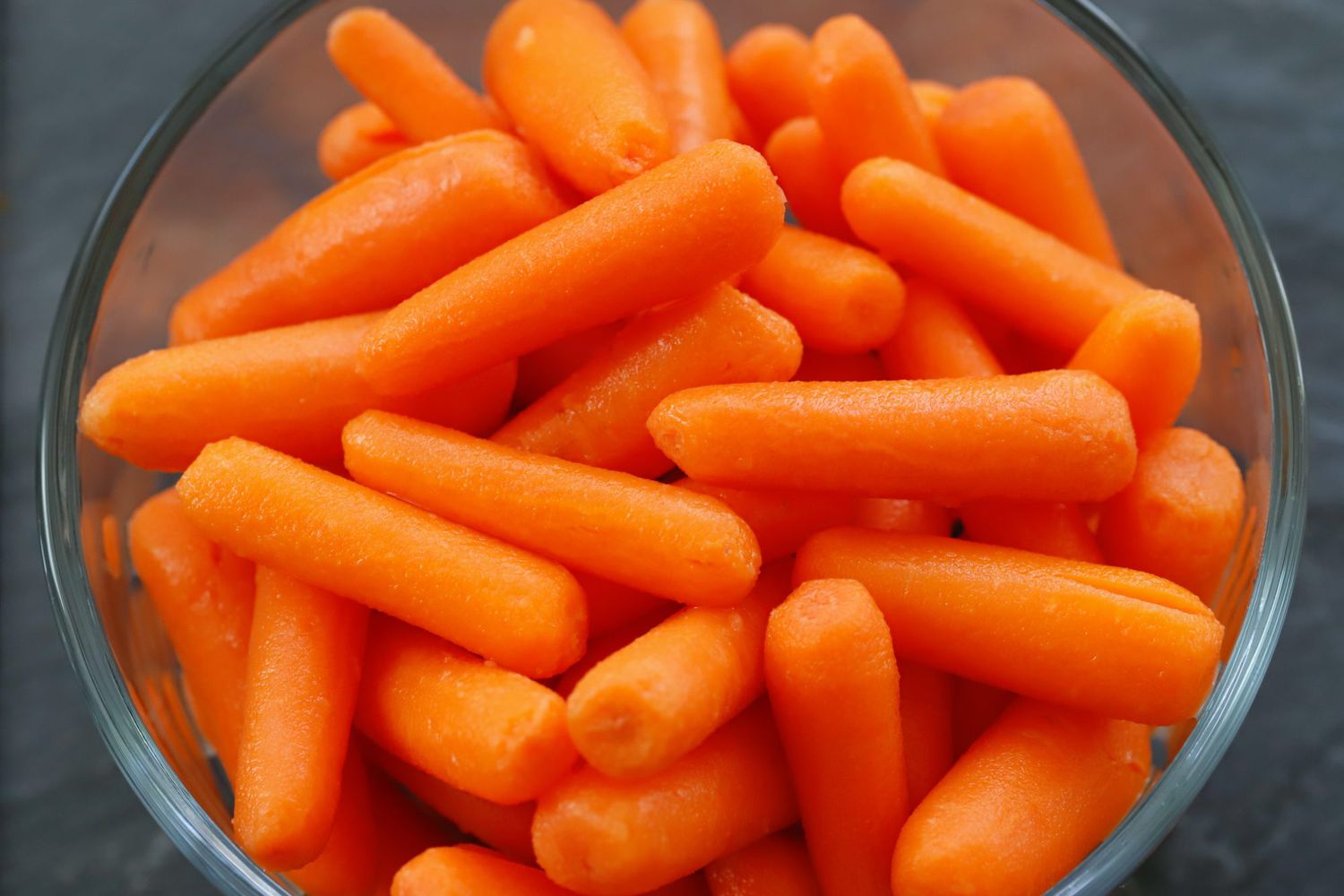

Articles
How Long Do Carrots Last In The Refrigerator
Modified: August 27, 2024
Discover how long carrots can last in the refrigerator in this informative article. Learn the best storage tips to keep your carrots fresh for longer.
(Many of the links in this article redirect to a specific reviewed product. Your purchase of these products through affiliate links helps to generate commission for Storables.com, at no extra cost. Learn more)
Introduction
Carrots are a versatile and nutritious vegetable that many people enjoy as a snack or as an ingredient in various recipes. Whether you’re using carrots in a vibrant salad, a comforting stew, or simply enjoying them raw, it’s important to know how long they can last in the refrigerator.
The shelf life of carrots can vary depending on several factors, including their freshness, storage conditions, and the overall quality of the vegetable. Understanding how to properly store carrots can help extend their lifespan and ensure that they remain fresh and tasty for as long as possible.
In this article, we will explore the various factors that affect the shelf life of carrots and provide you with tips on how to store them correctly in the refrigerator. Additionally, we will discuss how long carrots can typically last in the refrigerator and how to identify signs of spoilage. So, let’s dive in and discover everything you need to know about keeping your carrots fresh!
Key Takeaways:
- Properly stored carrots can last 2 to 4 weeks in the refrigerator, but factors like freshness, quality, and storage conditions can affect their shelf life. Follow storage tips to keep them fresh longer.
- Signs of spoiled carrots include mold, softness, discoloration, unpleasant odor, and excess moisture. Regularly check and handle carrots with care to prevent spoilage and ensure safety.
Factors Affecting Carrot Shelf Life
Several factors can influence how long carrots can last in the refrigerator. It’s important to be aware of these factors to ensure that you can maximize the shelf life of your carrots and prevent them from spoiling prematurely.
1. Freshness: The freshness of carrots at the time of purchase plays a significant role in their shelf life. Carrots that are firm, plump, and vibrant in color are more likely to last longer than carrots that are wilted, soft, or have visible signs of decay.
2. Quality: The overall quality of the carrots, including their size, texture, and absence of blemishes, can impact their storage life. Freshly harvested, high-quality carrots tend to have a longer shelf life compared to older or damaged carrots.
3. Packaging: The way carrots are packaged can also affect their shelf life. Carrots that are sold with their greens still attached should have the tops removed before storage. The greens draw moisture from the carrots, causing them to spoil faster. Opt for carrots that are packaged in breathable plastic bags or loose, as they allow for better air circulation and help prevent the accumulation of moisture.
4. Temperature and Humidity: Carrots should be stored in a cool and humid environment to maintain their crispness and prevent them from drying out. The ideal temperature for storing carrots is between 32°F (0°C) and 40°F (4°C), with a humidity level of around 95%. Exposing carrots to high temperatures or low humidity can accelerate spoilage.
5. Ethylene Exposure: Ethylene is a gas that is released by certain fruits and vegetables, including apples, bananas, and tomatoes. Exposure to ethylene can cause carrots to become bitter and spoil faster. It’s important to store carrots separately from ethylene-producing fruits to extend their shelf life.
6. Handling: Proper handling of carrots is crucial to maintain their freshness. Rough handling, squeezing, or dropping carrots can cause bruising and damage, making them more susceptible to decay. Handle carrots with care to minimize the risk of spoilage.
By taking into account these factors and implementing proper storage practices, you can significantly extend the shelf life of your carrots and keep them fresh and delicious for a longer period of time. In the next section, we will discuss the correct methods for storing carrots in the refrigerator.
Proper Storage of Carrots in the Refrigerator
Storing carrots correctly in the refrigerator is essential for maintaining their freshness and extending their shelf life. Follow these guidelines to ensure that your carrots stay crisp and flavorful:
1. Remove the tops: Before storing carrots in the refrigerator, remove the green tops. The carrot greens draw moisture from the roots, causing them to wilt and spoil faster. Leaving the tops on can also result in the release of ethylene gas, which can accelerate spoilage.
2. Wash and dry: Rinse carrots under cold running water to remove any dirt or debris. Pat them dry with a clean kitchen towel or paper towel. Excess moisture can lead to rotting or mold growth, so make sure the carrots are thoroughly dried before storage.
3. Use a storage bag: Place the carrots in a perforated plastic bag or a container with ventilation holes. This allows for proper air circulation and helps prevent moisture buildup, which can cause rotting.
4. Store in the crisper drawer: Place the bag of carrots in the crisper drawer of your refrigerator. The crisper drawer provides a cool and humid environment that helps maintain the freshness and crispness of the carrots. Ensure that the temperature in the refrigerator is set between 32°F (0°C) and 40°F (4°C).
5. Avoid proximity to certain fruits and vegetables: Keep carrots separate from ethylene-producing fruits and vegetables, such as apples, bananas, and tomatoes. These produce items release ethylene gas, which can cause carrots to become bitter and spoil faster.
6. Check periodically: Regularly inspect the stored carrots for any signs of spoilage. Remove any carrots that have started to rot or have become soft to prevent the spread of decay to the rest of the batch.
By following these storage guidelines, you can maintain the quality and freshness of your carrots for an extended period. In the next section, we will explore how long carrots can typically last in the refrigerator.
How Long Do Carrots Last in the Refrigerator?
The shelf life of carrots in the refrigerator can vary depending on several factors, including their freshness, quality, and storage conditions. On average, properly stored carrots can last for about 2 to 4 weeks in the refrigerator.
Freshly purchased, high-quality carrots that are stored correctly can have a longer shelf life compared to older or damaged carrots. The temperature and humidity in the refrigerator also play a crucial role in extending the carrots’ freshness. Storing them in the crisper drawer at a temperature between 32°F (0°C) and 40°F (4°C) with a humidity level of around 95% is ideal.
It’s important to note that the shelf life of carrots can vary depending on their condition at the time of purchase. If you have carrots that are already starting to show signs of decay or have soft spots, they may spoil faster and might not last as long as fresh and undamaged carrots.
Additionally, the storage time can differ for different types of carrots. Baby carrots, which are pre-peeled and often packaged for convenience, generally have a shorter shelf life compared to whole, unpeeled carrots. Pre-cut or shredded carrots may also have a shorter storage time due to increased surface area exposure, which can lead to faster spoilage.
To ensure that your carrots stay fresh for as long as possible, make sure to check them regularly for any signs of spoilage. If you notice any mold, sliminess, a foul odor, or a change in color, it’s best to discard them to prevent the spread of decay.
Remember, the given time frame is an average estimate, and individual results may vary. Factors such as the carrots’ initial freshness, storage conditions, and handling can influence their shelf life. By following proper storage practices and consuming the carrots within a reasonable timeframe, you can enjoy their optimal flavor and nutritional benefits.
In the next section, we will discuss the key signs to look out for to determine if your carrots have spoiled.
To extend the shelf life of carrots in the refrigerator, store them in a plastic bag with some moisture, such as a damp paper towel, and they can last for up to 3-4 weeks.
Signs of Spoiled Carrots
It’s important to be able to recognize the signs of spoilage in carrots to ensure that you consume them while they are still fresh and safe to eat. Here are some key indicators that your carrots have spoiled:
- Mold: If you notice any fuzzy white or green patches on the surface of the carrots, it indicates the presence of mold. Mold growth can occur due to excess moisture or improper storage. Moldy carrots should be discarded, as consuming them can lead to digestive issues or illness.
- Softness or sponginess: When carrots start to spoil, they lose their firmness and become soft or spongy to the touch. If your carrots have a mushy texture or easily bend when pressure is applied, it’s a clear sign that they have deteriorated.
- Discoloration and dark spots: The presence of dark spots or discoloration on the carrots can indicate rotting or decay. Pay close attention to any areas on the carrot that have turned black or brown, as these are signs of spoiling.
- Unpleasant odor: Fresh carrots should have a mild, earthy smell. However, if you notice a foul or strong odor coming from the carrots, it indicates bacterial growth and spoilage. Trust your sense of smell and discard carrots that have an off-putting odor.
- Slime or excess moisture: Excessive moisture or a slimy texture on the surface of the carrots is a clear indication that they have started to spoil. Moisture can promote the growth of bacteria and mold, making the carrots unsafe to consume.
It’s important to note that even if only one carrot in a bunch shows signs of spoilage, it’s recommended to discard the entire batch. Bacterial and fungal growth can quickly spread from one carrot to another, jeopardizing the quality and safety of the entire batch.
If you come across any of these signs when inspecting your carrots, it’s best to err on the side of caution and dispose of them. Consuming spoiled carrots can lead to foodborne illnesses and digestive discomfort.
In the next section, we will provide some useful tips on how to extend the shelf life of your carrots and keep them fresh for longer.
Read more: How Long Do Apples Last In The Refrigerator
Tips for Extending the Shelf Life of Carrots
If you want to maximize the shelf life of your carrots and keep them fresh for as long as possible, follow these helpful tips:
- Buy fresh, high-quality carrots: Choose carrots that are firm, smooth, and vibrant in color. Avoid carrots that are soft, wilted, or have visible signs of decay.
- Handle with care: Be gentle when handling carrots to prevent bruising and damage. Rough handling can lead to faster spoilage.
- Remove the tops: Cut off the green tops of the carrots before storing them. The tops can draw moisture from the roots, causing them to wilt and spoil faster.
- Keep them dry: Moisture can lead to rotting and mold growth. Ensure that the carrots are thoroughly dried before storing them in the refrigerator.
- Store in the crisper drawer: Place the carrots in the crisper drawer of your refrigerator. This compartment provides a cool and humid environment that helps maintain their crispness and freshness.
- Separate from ethylene-producing fruits: Keep carrots away from fruits and vegetables that release ethylene gas, such as apples and tomatoes. Ethylene exposure can cause carrots to become bitter and spoil faster.
- Check periodically: Regularly inspect the stored carrots for any signs of spoilage. Remove any carrots that have started to decay to prevent the spread of spoilage to the rest of the batch.
- Consider blanching and freezing: If you have an abundant supply of carrots, consider blanching them briefly in boiling water and then freezing them in airtight containers or freezer bags. This method can help extend their shelf life for several months.
- Use them in a timely manner: Carrots are at their peak flavor and quality when consumed within the first few weeks of purchase. Plan your meals and recipes accordingly to make the most of your fresh carrots.
By following these tips, you can significantly extend the shelf life of your carrots and enjoy their optimal quality and taste for an extended period. Remember that individual results may vary depending on various factors, but implementing these practices will certainly help in keeping your carrots fresher for longer.
Now that you have a better understanding of how to store and prolong the shelf life of carrots, let’s conclude our discussion.
Conclusion
Carrots are a nutritious and versatile vegetable that can make a great addition to your meals. To ensure that your carrots stay fresh and flavorful, proper storage is crucial. By understanding the factors that affect carrot shelf life and following the correct storage methods, you can extend their freshness and enjoy them for longer periods.
Factors such as freshness, quality, packaging, temperature, and ethylene exposure can all impact how long carrots last in the refrigerator. By purchasing high-quality carrots, removing the tops, and storing them in a cool and humid environment, such as the crisper drawer, you can maximize their shelf life.
It’s important to keep an eye out for signs of spoilage, such as mold, softness, discoloration, unpleasant odor, or slime. If you notice any of these signs, it’s best to discard the carrots to avoid any potential health risks.
By implementing the tips for extending the shelf life of carrots, including proper handling, thorough drying, and separating them from ethylene-producing fruits, you can keep your carrots fresh and delicious for an extended period of time.
Remember to consume your carrots within a reasonable timeframe to ensure optimal flavor and nutrition. While the average shelf life of carrots in the refrigerator is 2 to 4 weeks, individual results may vary. Always trust your senses and use your judgment when determining the freshness of your carrots.
Whether you’re using carrots in your favorite dishes, juicing them for a healthy beverage, or enjoying them as a snack, keeping them fresh is key. By following the guidelines and tips discussed in this article, you can make the most of your carrots and minimize waste.
So, the next time you purchase a bunch of vibrant, fresh carrots, remember to handle them with care, store them properly, and enjoy their delicious flavor and health benefits for as long as possible. Here’s to fresh and tasty carrots in your refrigerator!
Frequently Asked Questions about How Long Do Carrots Last In The Refrigerator
Was this page helpful?
At Storables.com, we guarantee accurate and reliable information. Our content, validated by Expert Board Contributors, is crafted following stringent Editorial Policies. We're committed to providing you with well-researched, expert-backed insights for all your informational needs.
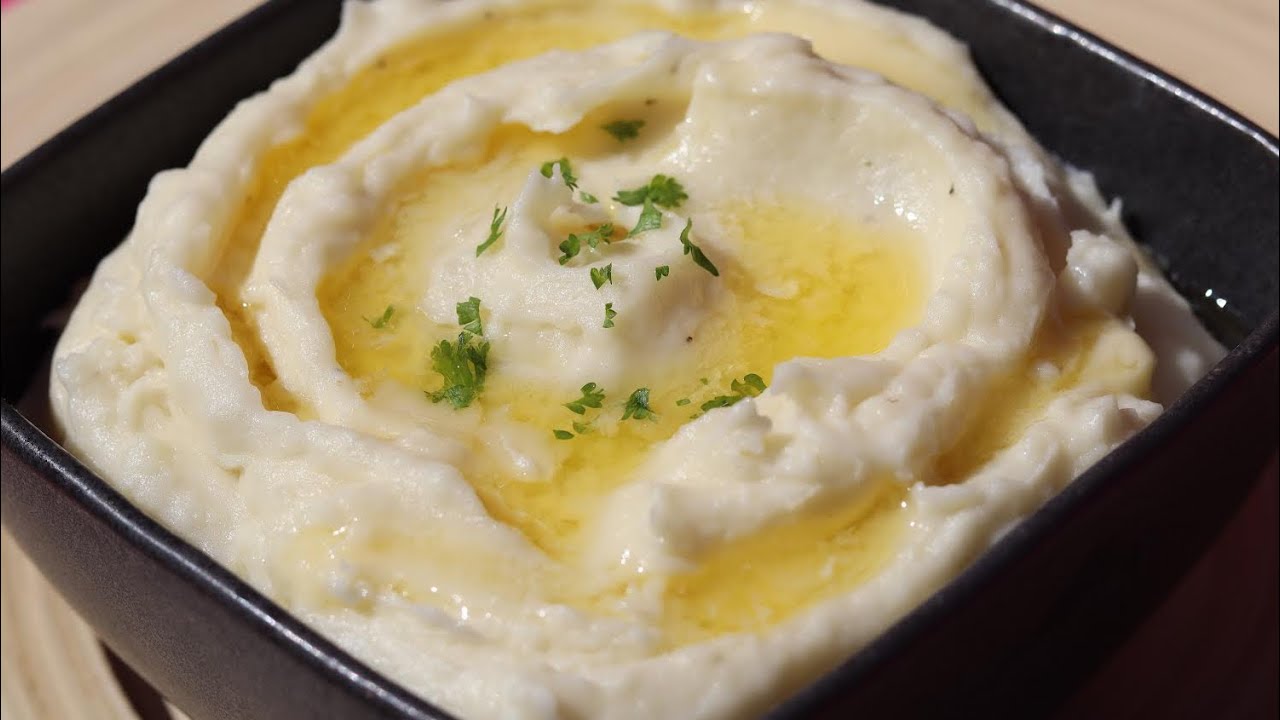
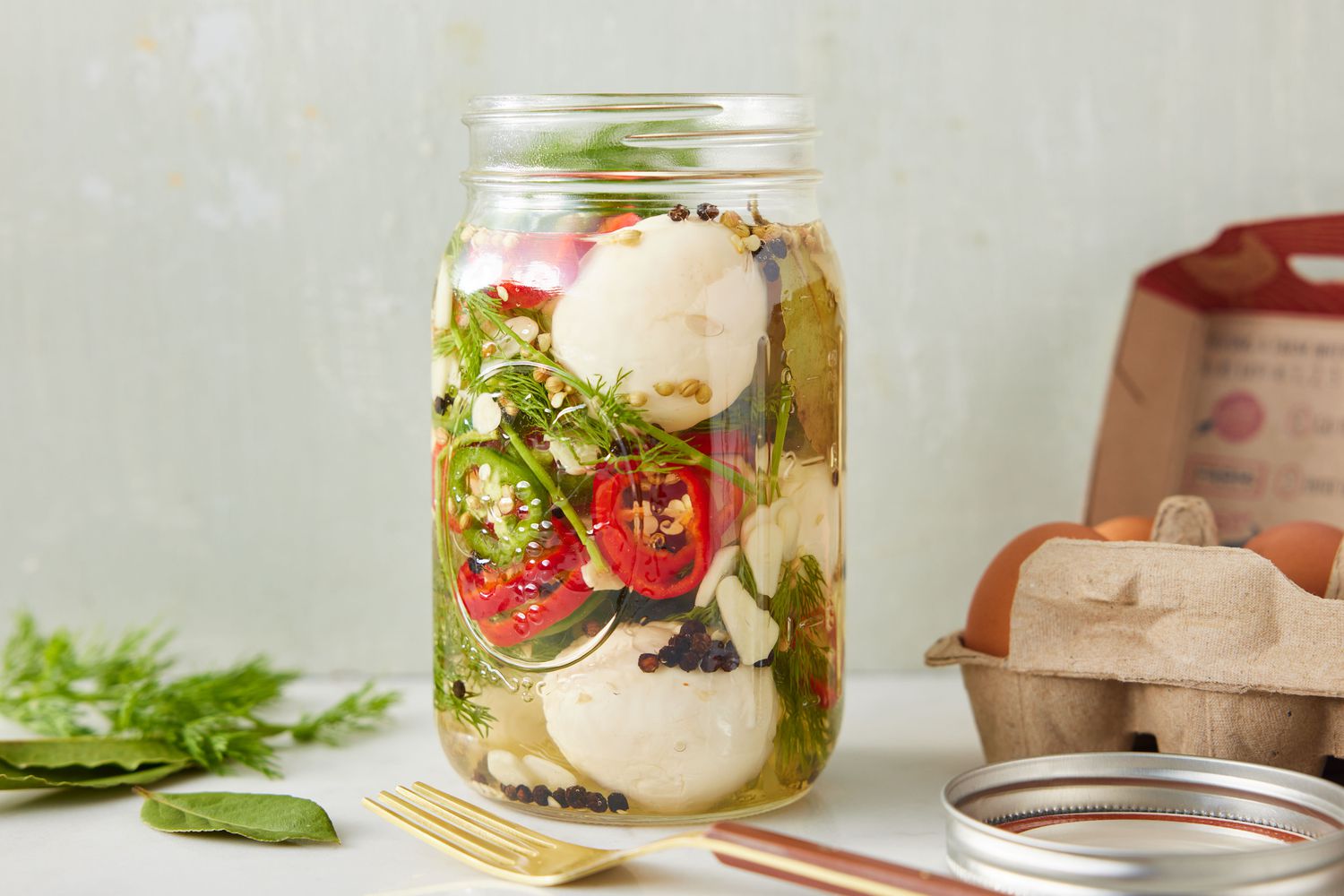
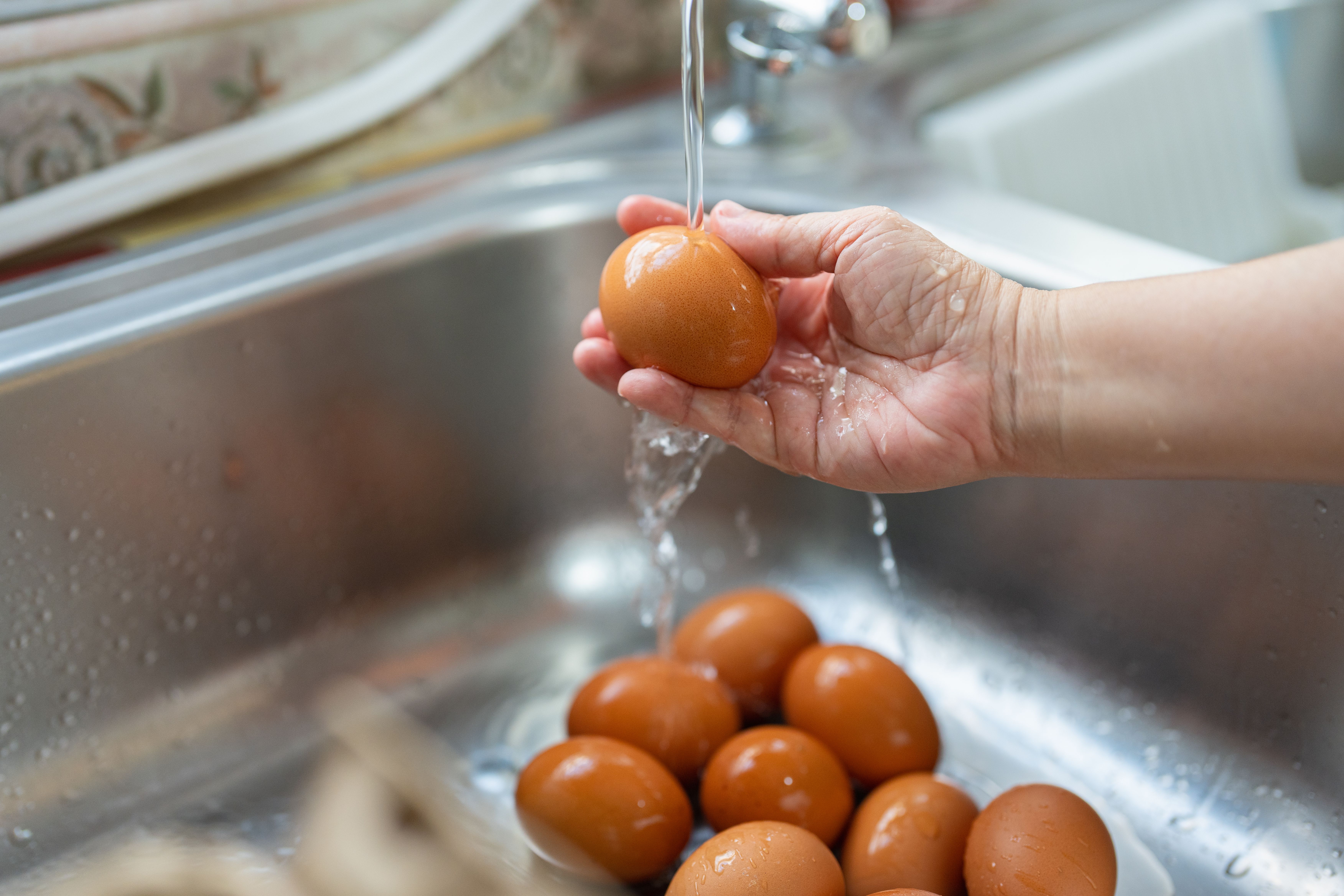
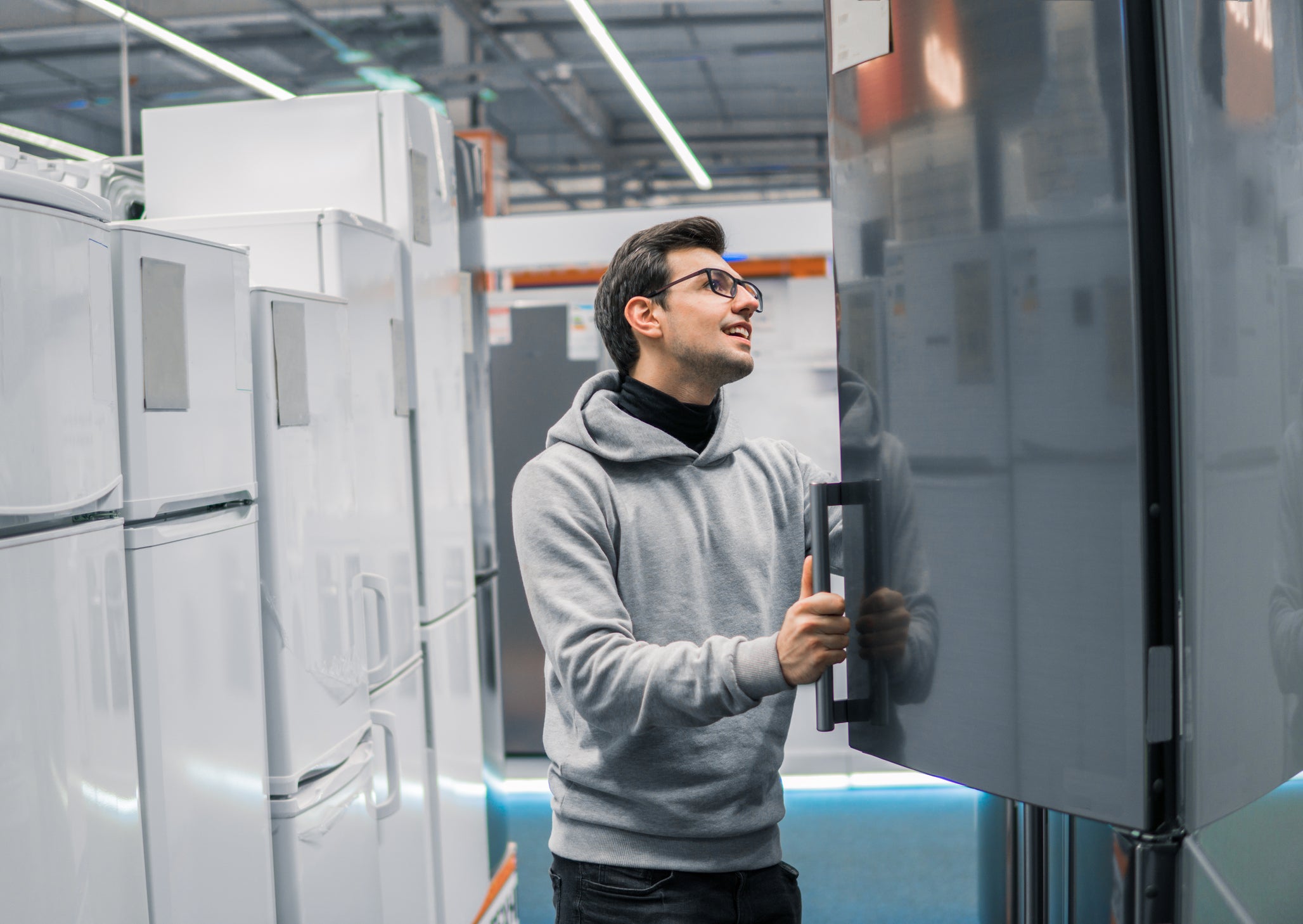
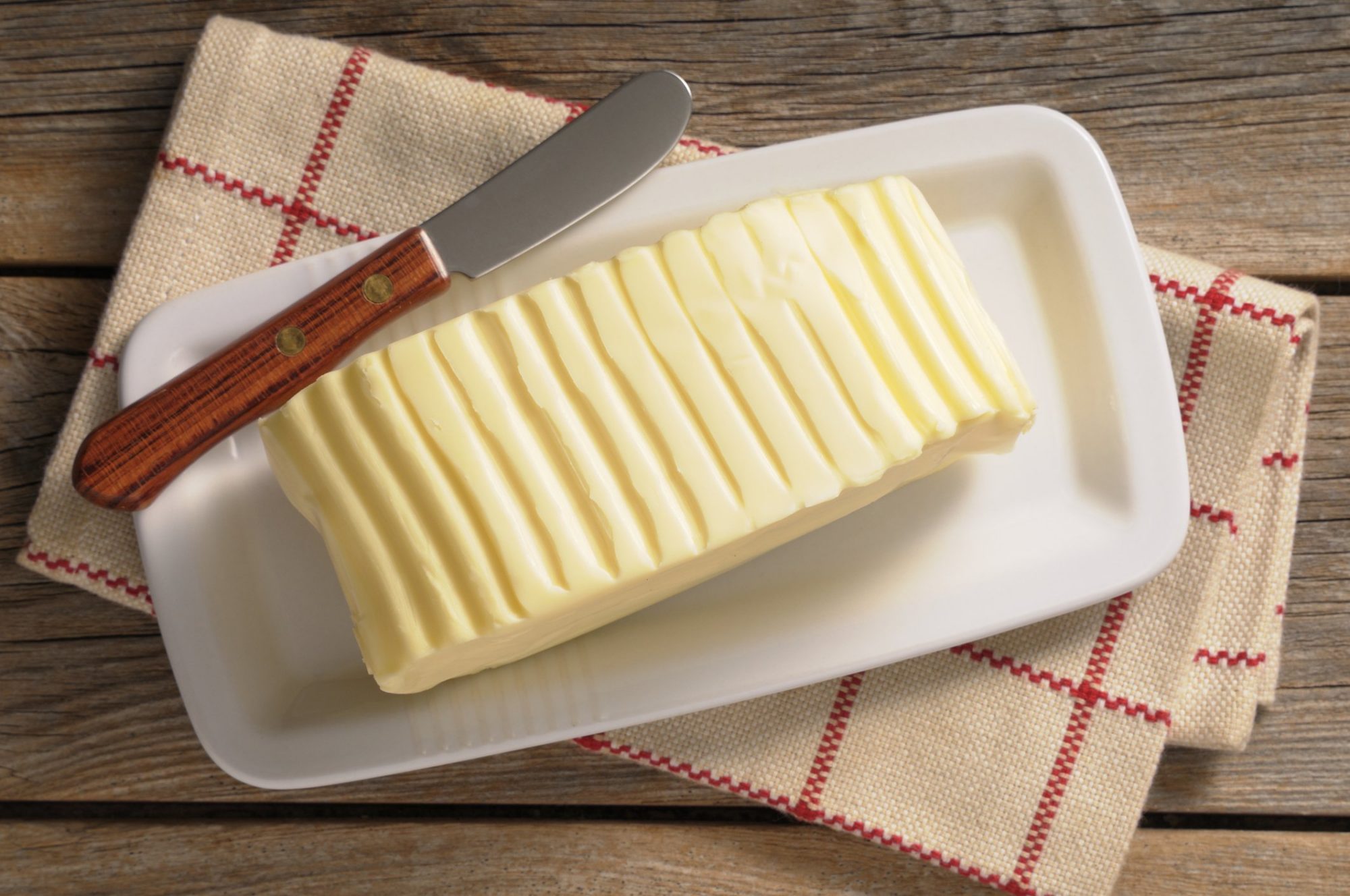
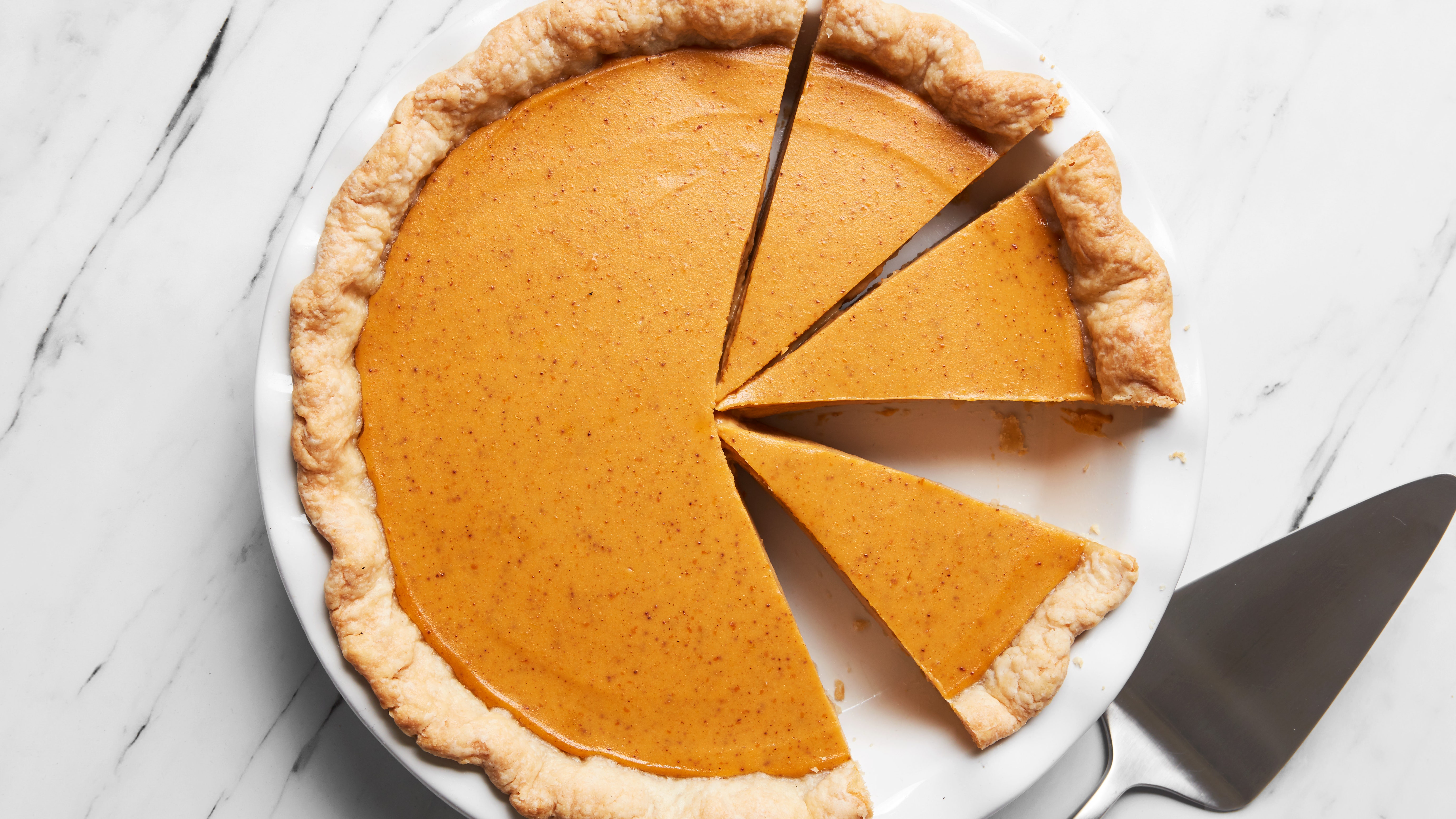
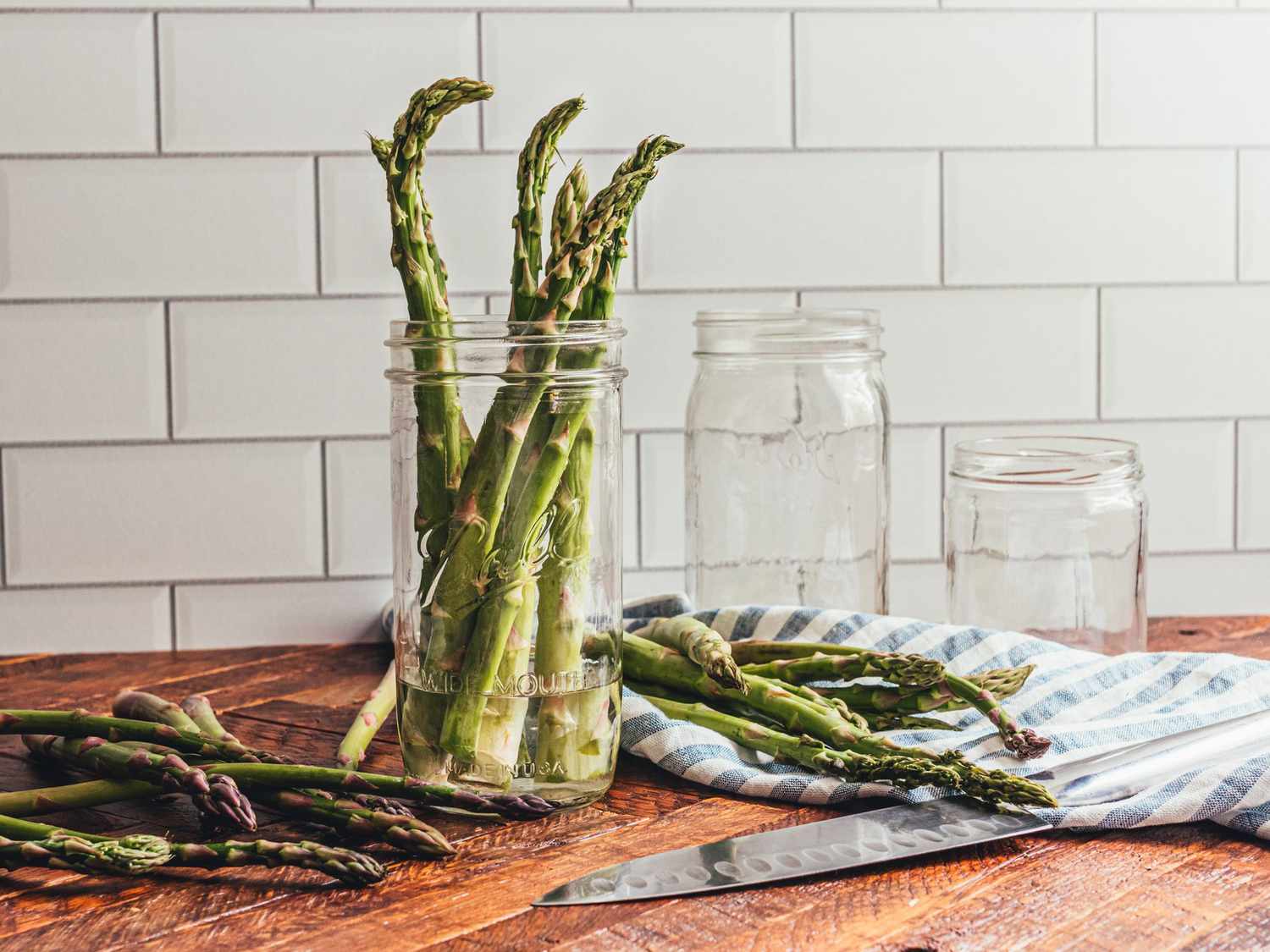
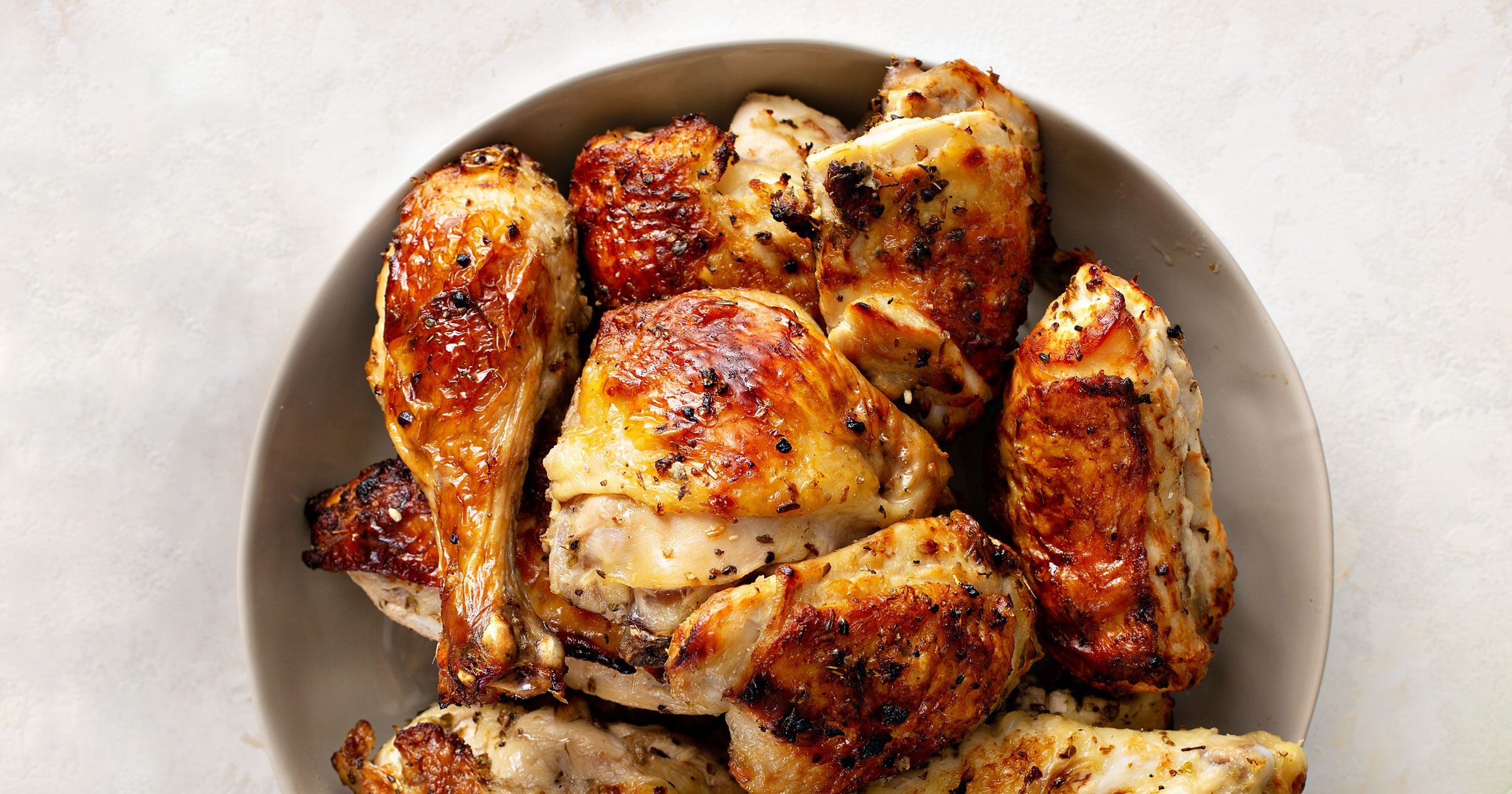
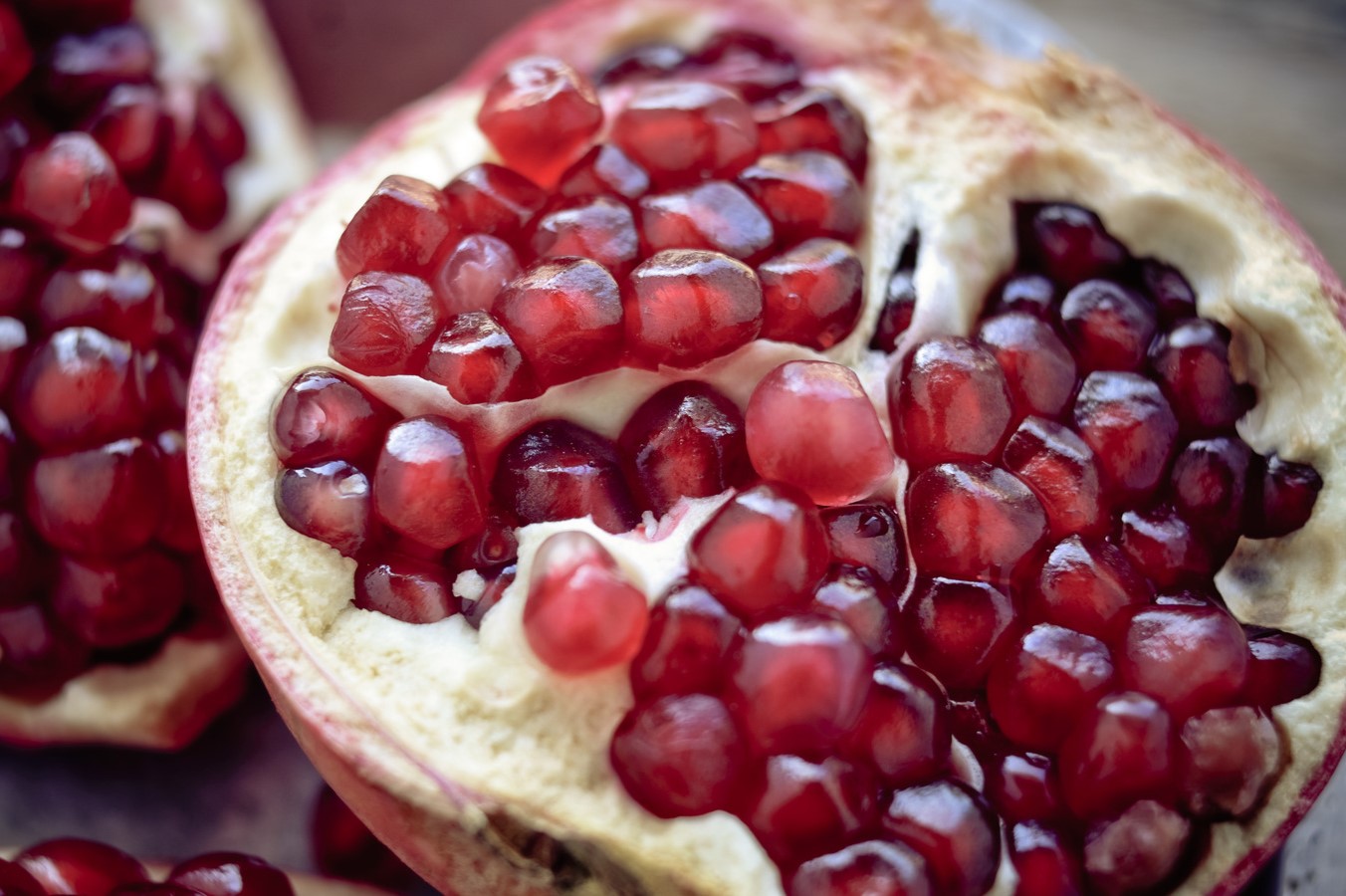
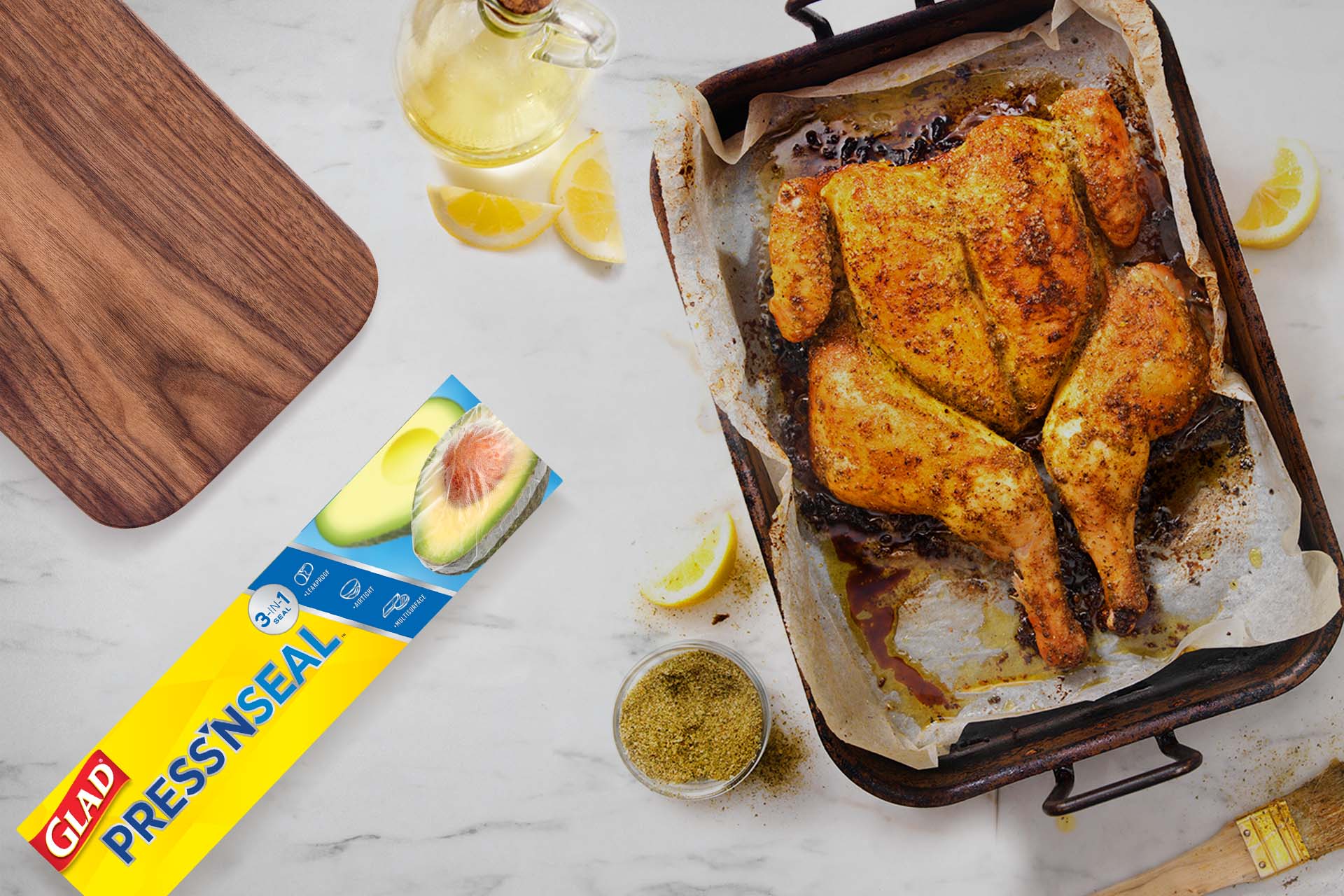
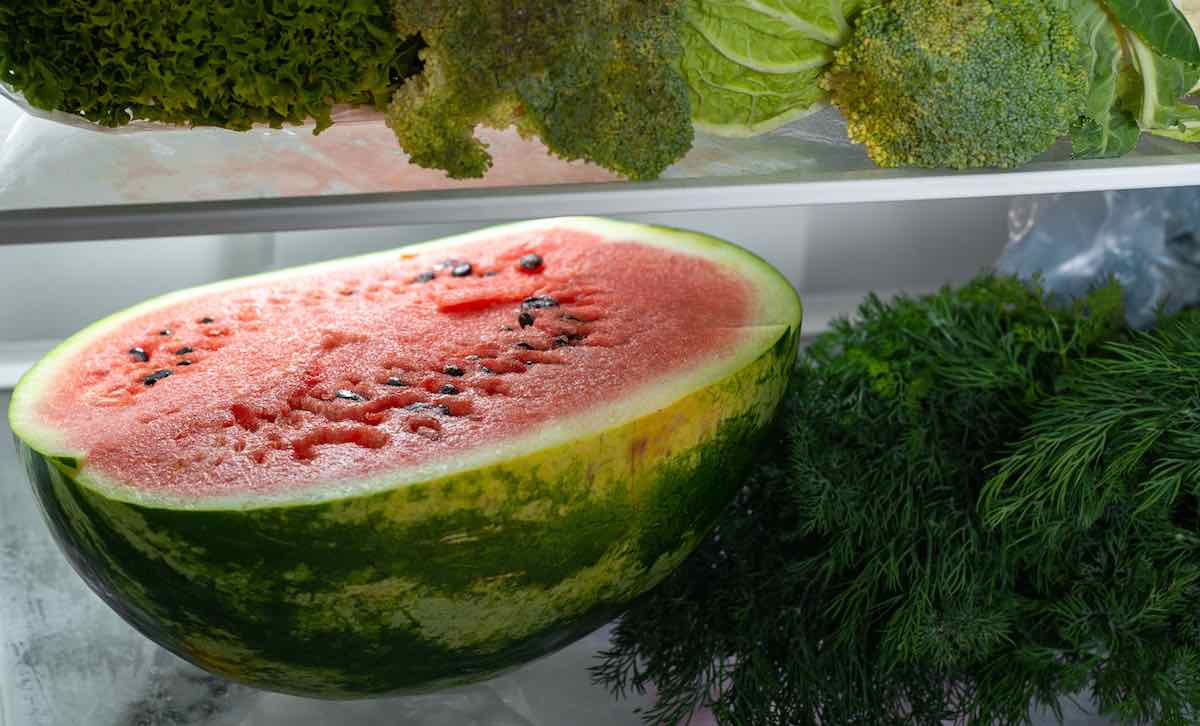
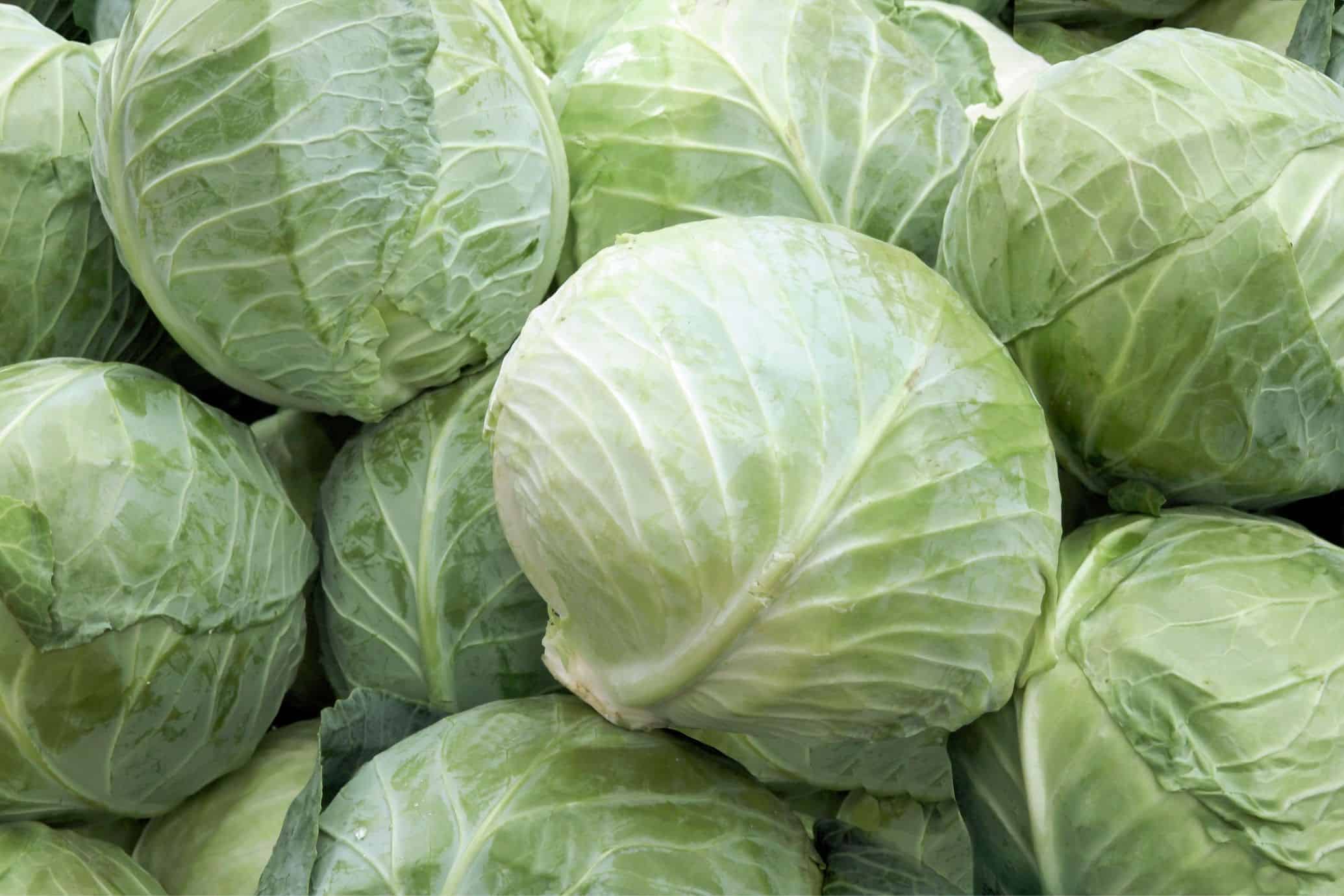
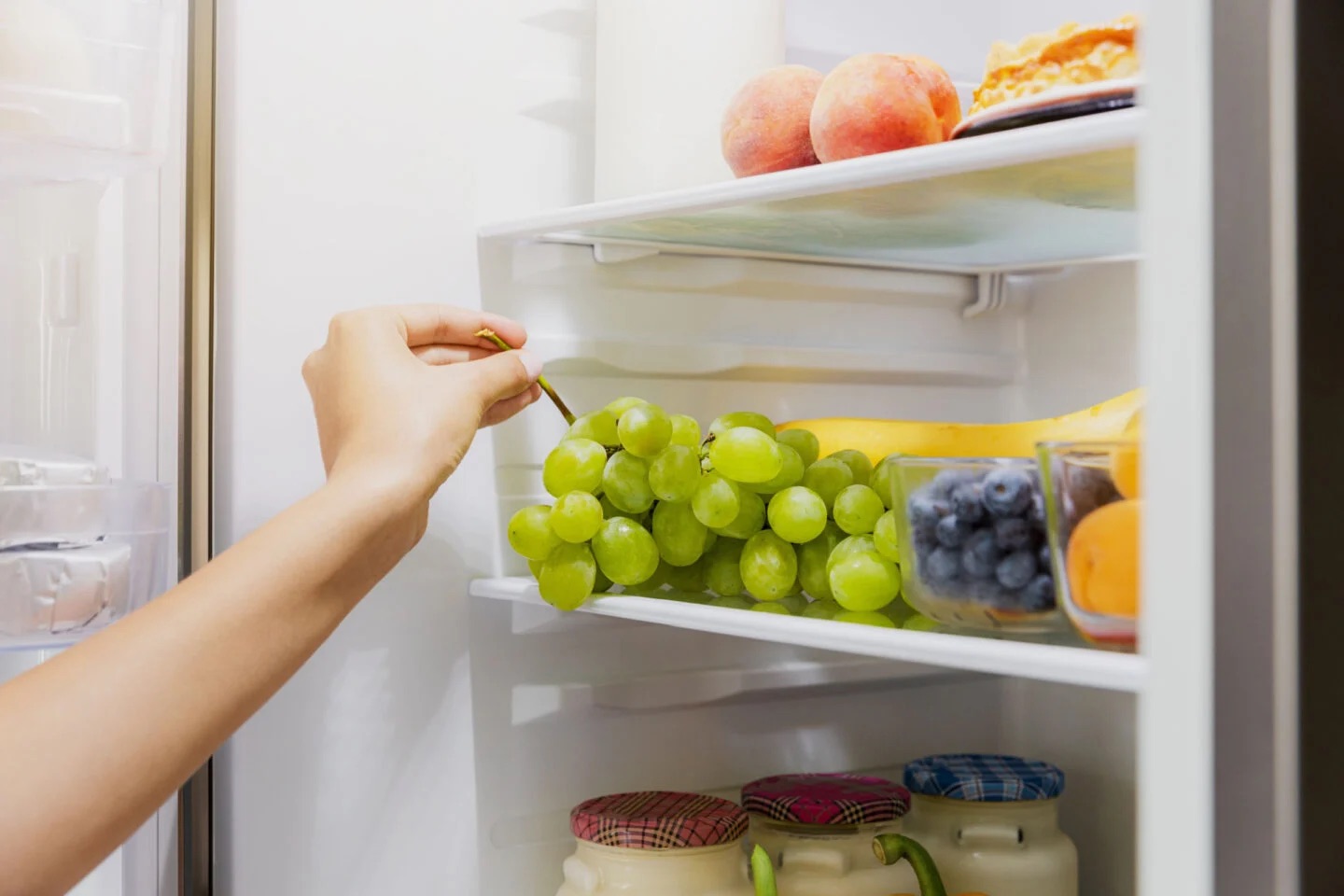
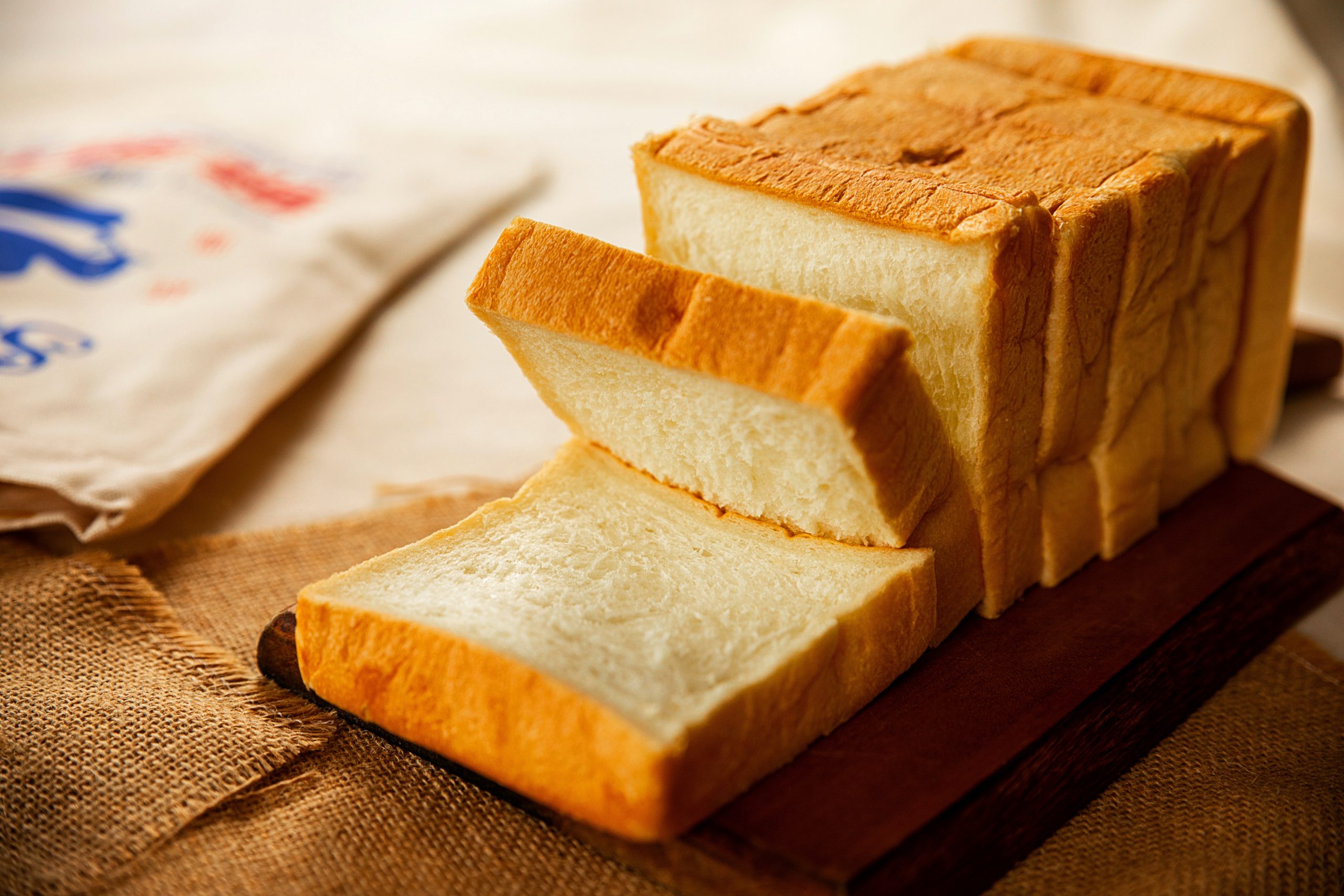

0 thoughts on “How Long Do Carrots Last In The Refrigerator”